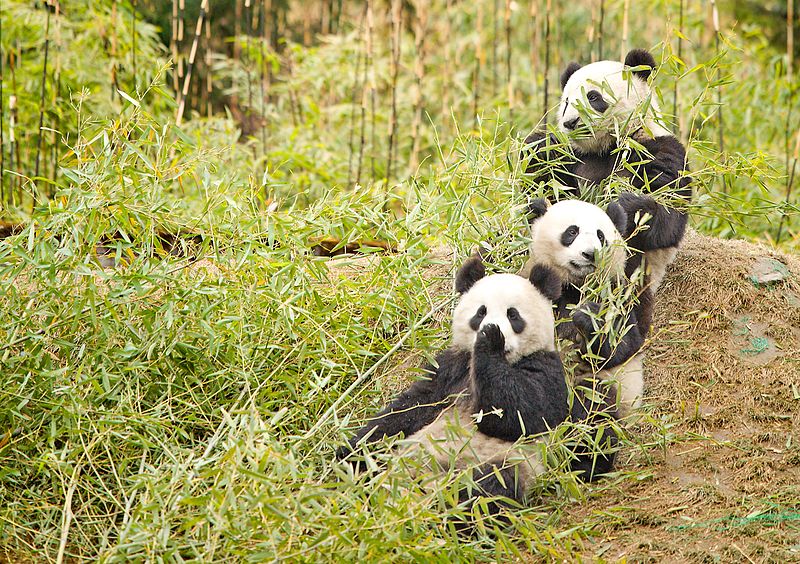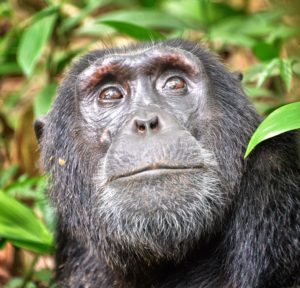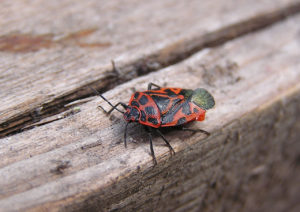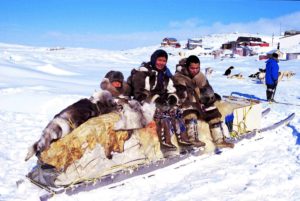Panda Habitat Saved from Horse Threat
Michigan State University (MSU) have recently discovered that livestock, horses in particular, are a significant threat to pandas.
 Image: By Chi King (Pandas!! (GIANT PANDA/WOLONG/SICHUAN/CHINA)) [CC-BY-2.0 (http://creativecommons.org/licenses/by/2.0)], via Wikimedia Commons
Image: By Chi King (Pandas!! (GIANT PANDA/WOLONG/SICHUAN/CHINA)) [CC-BY-2.0 (http://creativecommons.org/licenses/by/2.0)], via Wikimedia Commons It may be the Year of the Horse in China but the country’s most famous animal icons will not be celebrating. Researchers from Michigan State University (MSU) have recently discovered that livestock, horses in particular, are a significant threat to pandas.
There are around 1,600 endangered pandas left in the wild, threatened mostly by timber harvesting. Pandas only eat bamboo and have a fondness for areas with gentle slopes that are far from humans, and the Chinese government invests billions to protect this habitat.
A doctoral student at Michigan State University’s Centre for System Integration and Sustainability had been studying pandas in Wolong Nature Reserve in Sichuan Province when she spotted areas of bamboo forest that “looked like someone had been in there with a lawnmower.” So she decided to investigate.
Some of Wolong’s farmers outside the reserve had been raising horses. Farmers are not allowed to graze horses in designated grazing areas because they compete with cattle, so instead they let the horses graze unattended in the forests. When the farmers need money, they track down the horses and sell them. This idea of using horses as a sort of bank account soon caught on, with the number of horses in Wolong increasing from 25 in 1998 to 350 in 2008.
The researchers from MSU put the same GPS collars they had been using on pandas on one horse in each of the four herds they studied. Over a year, they compared the activity of the horses with that of three collared pandas in the same areas. Their results, published in the Journal of Nature Conservation, revealed that the horses fed on bamboo and were attracted to the same gentle-sloping sunny locations as the pandas. Individual horses and pandas eat the same quantities of bamboo, so many horses could deplete a large amount of bamboo in a reserve designated for the protection of the pandas.
Thankfully, the problem has now been resolved. The researchers presented their findings to wildlife managers in Wolong, and the horses have now been banned from the reserve. However, the study does highlight how competitive livestock can be, especially in sensitive habitat. Livestock affects most of the world’s biodiversity hotspots and makes up 20% of all land mammals on Earth, and therefore has the potential to remove food resources that are vital for the survival of threatened species. This is an issue that will increasingly have an impact on conservation efforts in our modern, overcrowded world.





No comments yet.